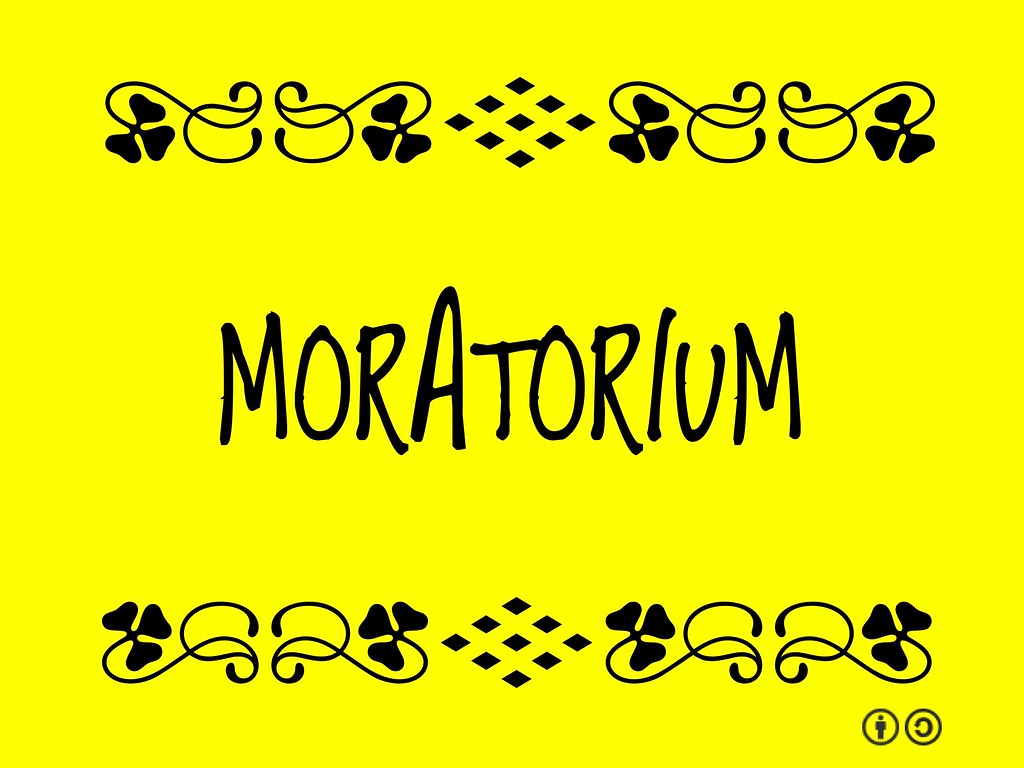Letter: Moratorium Would Enable Consideration Of Unanswered Questions About Zoning

Photo: flckr.com
Editor’s Note: The following letter was sent to Amherst Town Council on March 21, 2021. The proposed Article 16 mentioned in the letter below was replaced by an identical proposed Article 16 submitted to the Council as a Citizen’s Petition at the Council meeting on March 22, 2021. The Council then referred this petition to the Planning Board, the Community Resources Committee, and the Governance, Organization and Legislation Committee, each of which will make a recommendation to the Town Council before they vote on the proposed Article in early May.
We write in support of Council Article 16: Temporary Moratorium for 180 Days on Building Permits for Construction of Residential Buildings with Three or More Dwelling Units, submitted by Councilors Darcy DuMont, Dorothy Pam, Cathy Schoen. We respectfully ask councilors to vote for Article 16.
We readily associate our words about proposed zoning changes with those of the three councilors as well as with the words persuasively expressed by columnists in several Amherst Bulletin issues. We whole-heartedly agree with the assessments of these writers. We hope you will re-read their meticulous guest columns.
We think a moratorium is a modest, reasonable measure, one that will allow for adequate time for a deep study on the implications and corollaries of any zoning changes for the immediate, as well as the long-range, future as they relate to alterations in the architectural and environmental character of the town. Zoning has a way of going in a direction one may not have imagined or wanted.
Two words fondly used by the Planning Department — “infill” and “densification” — bring to mind for many of us certain images: congestion, crowding, desertification, traffic, asphalt, parking lots, unsightliness, reduction of green space, loss of business diversity, and other adverse visions.
Below are a few questions and comments — garnered in part from the guest columns — respecting the zoning process and what might happen in Amherst without thorough foresight. A building permit moratorium should allow for comprehensive study and discussion of every aspect of building and renovation. For instance:
o The professed goals of the proposed changes are to generate affordable housing, but there is no study reported of how much housing is needed, for whom, how to decide where to locate it, and what constitutes an affordable rent or price.
o Priorities should be submitted by the Planning Department and Planning Board before submitting the proposed zoning changes for the areas, Business General (BG), Residential Limited (RL), General Residential (RG).
o Safety, social, racial, and economic interests must be weighed.
o Will zoning changes eventually extend to other areas, such as, Residential Neighborhood, Rural Outlying, Rural Low Density?
o Is there a plan to rein-in building of large four- and five-story buildings throughout the downtown that would create corridors of massive buildings looming over the major streets?
o Town government agencies must hold an adequate set of meetings open for ample public participation, and such agencies should advertise the content of the meetings in appropriate language, e.g., a meeting on proposed zoning changes affecting the General Residential areas, not the arcana of, a meeting on footnote m.
o The entirety of building permissions and restrictions should be spelled out in detail: the need and desirability for the building; safety and community needs and wants; lot size; building height; building ground area; green energy plan; set-backs and landscaping; sidewalk widths; the “fit” of the building with the neighborhood; number of dwelling and commercial units; the intended renters or buyers; price to renters or buyers of units; area of open and green space; area of paved space; parking, if any, and if not, how to provide for vehicles; and plans for maintenance, repairs, and renovations.
o How to assure that other buildings and structures will not be unfavorably affected by a new building, for instance, bringing down income of businesses in the area?
o Consideration of the expected life-time of the building.
But you know all this. And surely there is still more to determine.
Martha and Irwin Spiegelman
Martha and Irwin Spiegelman, residents of Amherst

3 thoughts on “Letter: Moratorium Would Enable Consideration Of Unanswered Questions About Zoning”